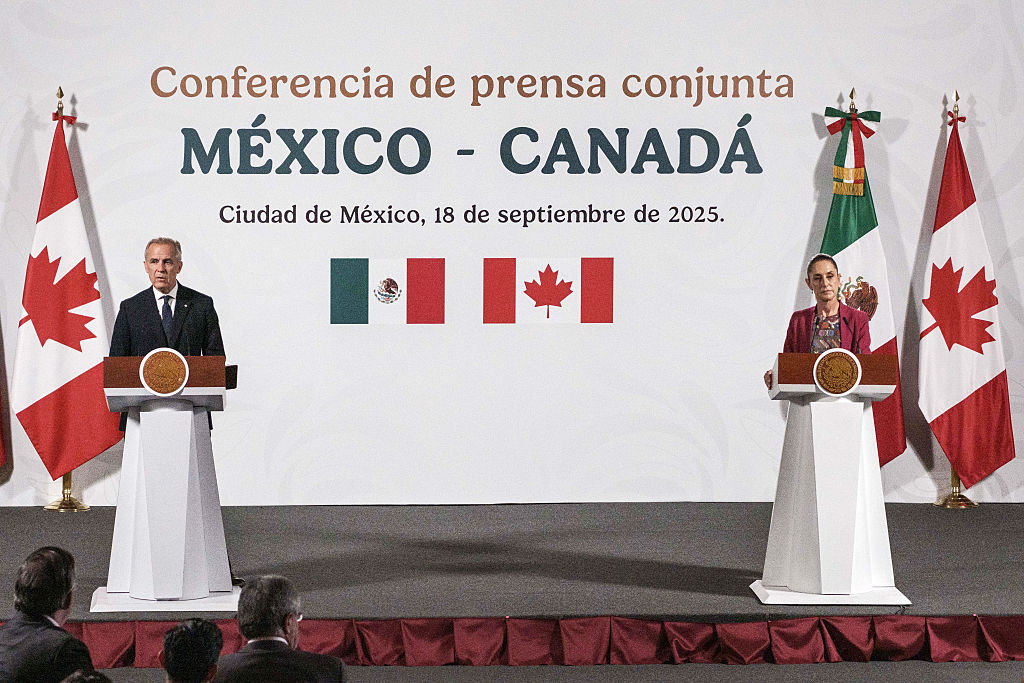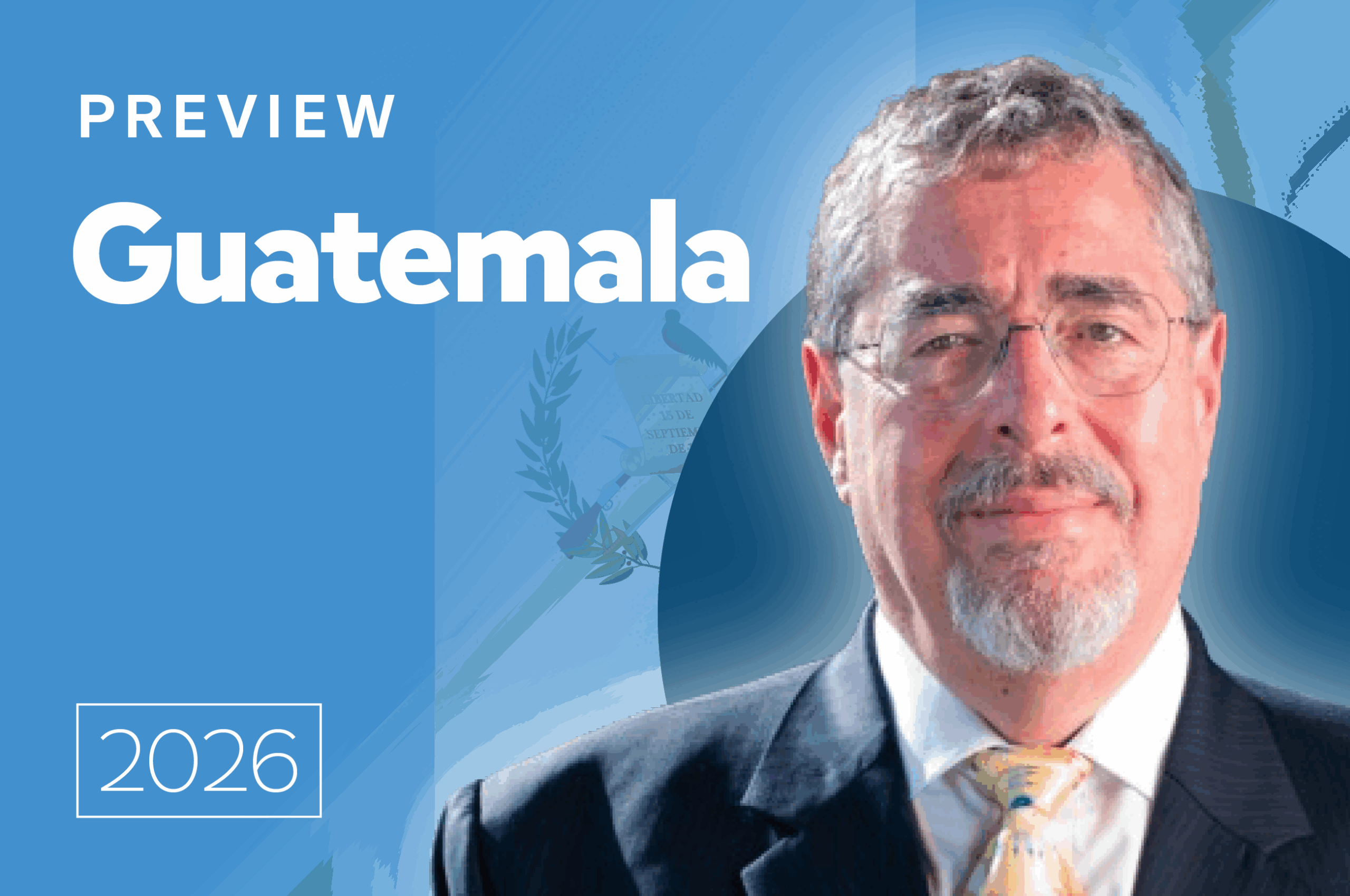The Impact of Brazil on the Global Scenario
The Impact of Brazil on the Global Scenario
AS/COA's annual Latin American Cities Conference in São Paulo brought together high-level officials and leading experts to discuss Brazil’s growing economic and political heft as well as the challenges posed by the recent global economic slowdown.
- Henrique Meirelles, President of the Central Bank of Brazil
- Paulo Bernardo Silva, Minister of Planning
- Ivan Ramalho, Vice Minister of Development, Industry, and Foreign Trade of Brazil
- Ambassador Clifford Sobel, U.S. Ambassador to Brazil
- Brian O'Neill, Deputy Assistant Secretary for Western Hemisphere, U.S. Department of the Treasury
- Daniel Daraham, Head of Investment Banking, Brazil, JPMorgan Chase & Co
- Regina Nunes, Managing Director, Standard & Poor's of Brazil
- Hernán Lopez, Director, Latin American-International, Nasdaq OMX Group
- Rodolfo Fischer, Executive Vice President, Treasury and Financial Markets, Banco Itaú, S.A. (moderator)
Panel II: Brazil’s Global Agenda and Competitiveness in the World
- Jorge Gerdau, Founder Chairman, Movimento Brasil Competitivo
- Eleazar de Carvalho Filho, Chairman, BHP Billiton Metais and Vice President, Unibanco
- Susan Segal, President and CEO, Americas Society and Council of the Americas (moderator)
For the fifth consecutive year, Americas Society/Council of the Americas hosted a Latin American Cities Conference in São Paulo. The July 10, 2008 event, organized in partnership with Movimento Brasil Competitivo, examined the impact of Brazil on the world stage. Private and public sector officials came together to discuss Brazil’s growing economic and political heft as well as the need for institutional reform to sustain growth coupled with the challenges posed by the recent global economic slowdown.
Minister Paulo Bernardo Silva: Comparisons with the Past, Planning for the Future
“We are living in a very different time than 10 or 15 years ago,” said Minister of Planning Paulo Bernardo Silva during his presentation, comparing Brazil’s past—when the country experienced low growth rates and high inflation—and the present day. Now, said Bernardo, the country stands prepared to weather external financial crises. Moreover, Brazil has made strides to close the gap between rich and poor in recent years, with 20 million Brazilians achieving middle class status. The minister also highlighted government efforts to crackdown on corruption.
However, Bernardo expressed concerns about tax and political reform, explaining that both are necessary elements to guarantee the country’s success in the future. “The average citizen is still overburdened by taxes,” he remarked. He pointed out that the country has “an infinity of political parties” weakened by infighting that, in turn, have a negative effect on the country’s political process.
Panel I: The Impact of Market Volatility in Brazil
Uncertainty about the impact of the global economic economy—particularly the U.S. real estate crisis and worldwide credit markets—has led to market volatility, said moderator Rodolfo Fischer of Itaú during his opening remarks of the conference’s first panel.
The U.S. Treasury Department’s Deputy Assistant Secretary for the Western Hemisphere Brian O’Neill addressed the question of the U.S. economy and its effect on the global and, in particular, Brazilian economy. Despite Washington’s $100 billion stimulus package, O’Neill predicted that the United States faces a prolonged period of adjustment that will carry through this year and into the next. Still, he pointed out that of the 90 million homeowners in the United State, more than 91 percent submit mortgage payments on time. Some 6 percent have experienced at least one delayed payment while 3 percent face foreclosure. He noted that the situation is not uniform across the country; about a quarter of all foreclosures occur in the four states of California, Arizona, Florida, and Nevada. On a positive note, O’Neill noted that the U.S. economy is resilient and experiencing a surge in exports while trade relations with Brazil provide a boost to the U.S. economy. He contrasted the current economic slowdown with financial crises of the past, saying that the “Brazilian balance sheet is no longer vulnerable to currency devaluation.”
JPMorgan's Daniel Daraham explained that Brazil learned the lessons of the 1980s to become a worldwide model with an IPO market valued at $5 billion. One explanation for this progress is better management among Brazilian companies, which are increasingly becoming multinationals that allow credit committees. Addressing the question of whether Brazil could experience the same type of crisis facing the United States, Daraham explained that mortgages in Brazil account for a very small portion of the country’s GDP in comparison.
Standard & Poor’s Regina Nunes pointed out that an important difference between Brazil’s past and present is that, while the Central Bank often interfered, the country now has a very independent bank. Yet she also pointed out challenges: Brazil faces the problem of an inflexible budget and needs to make a stronger push for legal reform.
IPOs have decreased not only in the United States but in Brazil as well, says NASDAQ’s Hernan Lopez, but he also noted signs that, come September, U.S. IPOs will start to increase. He noted that, in the past few years, Brazilian companies have made use of 144A to raise capital. Bovespa, Brazil’s local exchange, has had a great deal of success and is viewed as a complement rather than competition for NASDAQ. Lopez predicted that roughly five exchanges will emerge around the world and that Bovespa is making its mark.
Ambassador Clifford Sobel on U.S.-Brazilian Partnerships
Brazil and the United States serve as “anchors of the Western Hemisphere” because of their sizes and economies, remarked U.S. Ambassador to Brazil Clifford Sobel, who highlighted the importance of U.S.-Brazilian partnerships in the fields of energy, security, and the CEO forum that brings together ten executives from each country.
In terms of biofuels, he stated that the countries—the world’s primary ethanol producers—serve as natural partners. He recognized the global public debate over biofuel production set off by the rising cost of food, but stressed the importance of finding solutions and looking head to promote renewable and environmentally friendly biofuels. Turning to the issue of security, Sobel sought to put to rest concerns over U.S. plans to reactivate its Fourth Fleet in Latin American waters. “We should have the capacity to handle natural disasters” in the region efficiently, stressed the ambassador, noting that the purpose of the fleet consists of peace, counternarcotics, and disaster response missions. On the third point, Sobel outlined the CEO forum as an initiative that seeks to strengthen competitiveness in each country.
Finally, Sobel praised a Brazilian proposal to extend visas for U.S. citizens from five to 10 years, saying the United States will reciprocate should the measure gain approval.
Vice Minister Ivan Ramalho: Increasing Investment and Boosting Trade
During a discussion exploring Brazil’s burgeoning trade, Vice Minister of Development, Industry, and Foreign Trade Ivan Ramalho highlighted four goal areas essential to the country’s success: increased investment, increased research and development, Brazilian participation in world trade, and the involvement of small and medium-sized enterprises (SMEs) in Brazilian exports. Ramalho provided an overview of the steady growth of Brazilian exports, which reached $90 billion in the first six months of 2008 and continue to exhibit a growth rate above the global average. He acknowledged that rising commodity prices account for much of this growth because Brazil serves as a major exporter of oil, iron ore, soybeans, and beef, but he also noted the vehicles are another important export. The United States serves as Brazil’s main trading partner, accounting for 15 percent of Brazilian exports. The remaining 85 percent is distributed among more than a hundred different countries; Ramalho pointed out that the diversification of trading partners fuels export growth.
Brazil has witnessed a rapid growth in imports as well, said the vice minister, who noted the change has much to do with lowering and elimination of trade tariffs. The United States holds the position of primary exporter to Brazil; China recently eclipsed Argentina to take second place.
Panel II: Brazil’s Global Agenda and Competitiveness
In a spirited panel discussion moderated by AS/COA President and CEO Susan Segal, Jorge Gerdau of MBC/Grupo Gerdau and Eleazar de Carvalho Filho of Unibanco/BHP Billiton Brazil explored challenges against and opportunities for Brazilian competitiveness on the world stage. Gerdau stressed the importance of the independent nature of Brazil’s Central Bank. He also said that President Inácio Lula da Silva’s personal experience with inflation provides him with the motivation and capacity to head it off.
Yet Gerdau strongly emphasized the urgent need to tackle labor and tax reforms to ensure Brazilian competitiveness on a global scale. Stressing the need for greater flexibility in hiring contracts for workers, he decried the “babysitting style” used by Brazilian employers. He described the current Brazilian tax system as “madness” of which workers must bear the brunt. He expressed concern that people in the country fear reform because monitors and bureaucrats would lose their jobs. Gerdau also noted that high taxes and energy costs result in a major negative impact on Brazilian entrepreneurship.
De Carvalho added to Gerdau’s remarks by describing the high cost of energy in Brazil and comparing it to other countries facing more severe energy problems, including Chile, South Africa, and Argentina. He noted that Chinese investments are going to African countries offering long term contracts while comparatively minimal Chinese investment is occurring in Brazil.
Governor Henrique Meirelles: Preserving Price Stability
In the closing session of the conference, Central Bank President Henrique Meirelles outlined the bank’s efforts to control rising prices brought about by the gap between demand and supply of cheap products. Noting the change set off by the U.S. subprime crisis, the bank president said that most emerging economies have been working toward fighting inflation and controlling this demand.
“Among central banks there is consensus that the global economy needs to grow at a more moderate rate,” said Meirelles, emphasizing that Brazil’s Central Bank will not wait for others before it acts to control the price increases that affect citizens in the lowest income brackets. He stressed that the bank will institute monetary policy with the goal of keeping inflation at or below 4.5 percent in 2009.








